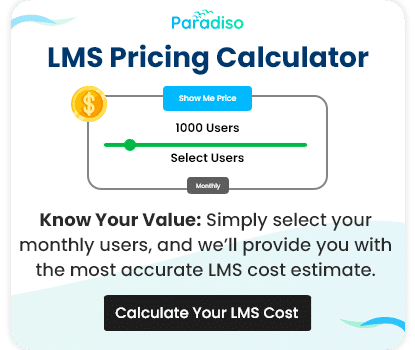4. Essay & Written Response Assessments
Written response assessments give employees the opportunity to showcase their critical thinking, communication, and problem-solving abilities. By asking employees to write essays or responses to open-ended questions, these assessments can help evaluate higher-level cognitive skills.
Key Benefits: Measures complex skills like reasoning, communication, and problem-solving.
Best For: Leadership training, compliance programs, or assessing analytical skills.
5. Peer Reviews & Group Assessments
Peer reviews and group assessments encourage collaborative learning and provide valuable 360-degree feedback. These assessments promote teamwork and communication while allowing employees to assess each other’s skills, fostering a culture of shared knowledge.
Key Benefits: Promotes collaboration, accountability, and self-reflection.
Best For: Team-based projects, leadership development, or assessing interpersonal skills.
6. Gamified Assessments (Badges, Leaderboards)
Gamification in LMS assessments brings an element of fun and competition to the learning process. By using badges, leaderboards, and other game-like features, employees are motivated to engage in assessments and track their progress over time.
Key Benefits: Boosts engagement and motivation, encourages friendly competition, and makes learning more enjoyable.
Best For: Sales training, skill-based challenges, or long-term learning goals.
7. Practical Skill Demonstrations (Video/Audio Submissions)
In technical or customer service roles, employees can showcase their practical skills by submitting video or audio demonstrations of their tasks. This type of assessment allows employees to demonstrate hands-on abilities that cannot be fully measured through written tests alone.
Key Benefits: Provides evidence of practical skills and real-world application.
Best For: Technical training, customer service scenarios, or hands-on product demonstrations.
8. Surveys & Self-Assessments
Surveys and self-assessments allow employees to reflect on their own progress and evaluate their confidence in specific skills. This type of assessment offers valuable insights into how employees perceive their own abilities and can help identify areas where they may need additional training or support.
Key Benefits: Encourages self-awareness and personal growth, and provides insights into employee confidence.
Best For: Personal development, employee engagement, and soft skills training.
9. Certification & Compliance Tests
Certification and compliance tests are essential for ensuring that employees meet industry standards and regulatory requirements. These assessments are often required for specific roles and can track mandatory training completion and professional certifications.
Key Benefits: Tracks mandatory training, ensures compliance, and boosts credibility.
Best For: Industry-specific certifications, regulatory compliance, and safety training.


















